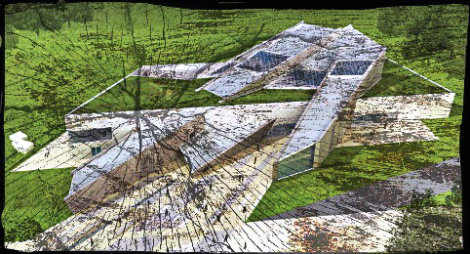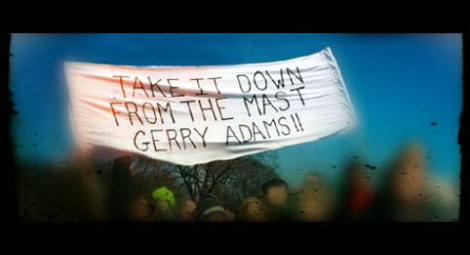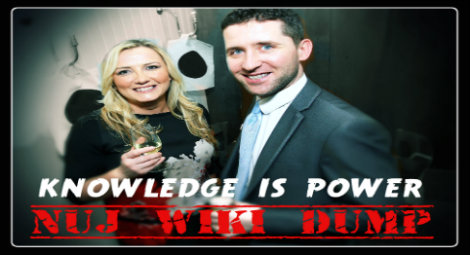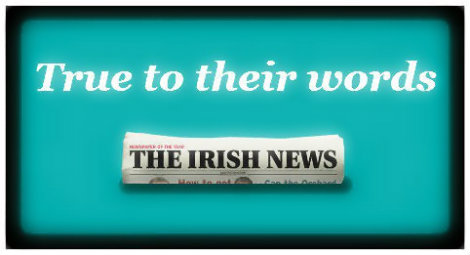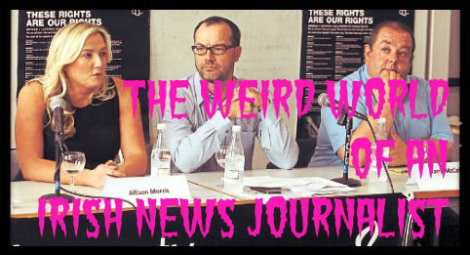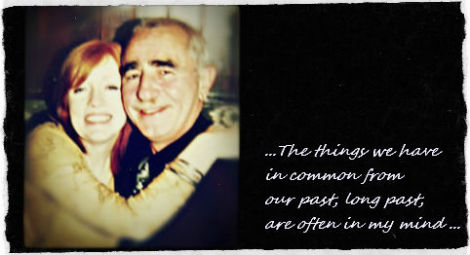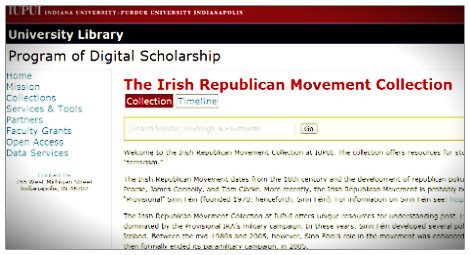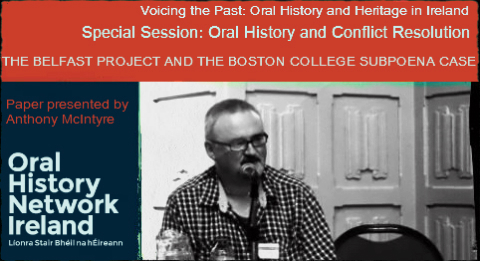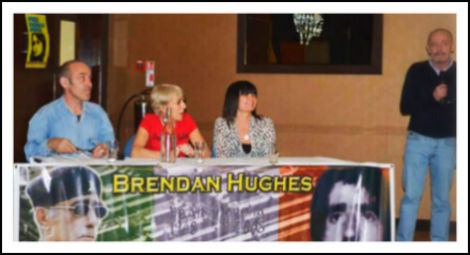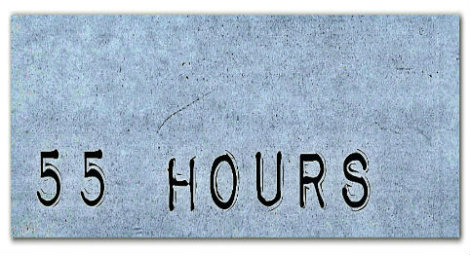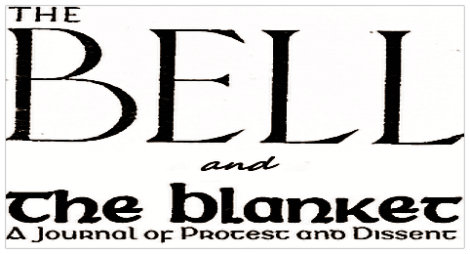Jimmy hailed from a large family in Belfast’s Markets area. We didn’t know him as Harpo then, although why we never tagged the name to him given the remarkable resemblance to the most silent of Marx brothers with his mop of curly reddish hair, escapes me. The family later moved to McClure Street in the Lower Ormeau Road but were fortunate to move out before the area became a killing ground for loyalists on the prowl for an easy innocent target. It was while he lived in McClure Street that we became firm friends.
One of our shared passions was soccer. I had been to see my first Liverpool game, played against Linfield in Windsor Park, while his loyalties lay further North than the Scousers. He was a Glasgow Celtic supporter and I have this distinct memory of watching the 1970 European Cup final with him in the living room of his home on a rain swept Belfast night. The game was played in Italy and Celtic were beaten by an Ove Kindvall goal for Feyenoord after Tommy Gemmell put the Glasgow side ahead. Jimmy’s disappointment was greater than mine.
Shortly after that game we avidly followed the 1970 World Cup which was won by a brilliant Brazilian team never to be equalled since. From their first game against Czechoslovakia they dazzled their way to Jules Rimet glory. Around the same time we were running our own soccer team, Santos, named after Pele’s club team in Brazil. There were probably dozens of Santos teams formed that year but for us our own was the real Santos, the rest ersatz. Our full eleven played throughout Belfast in the Chelsea rig of the day, and went unbeaten. Myself and Jimmy would argue like mad on the pitch, I too bossy and he too much of a free spirit to be told how to play by a self-appointed captain. He eventually led a rebellion and the team fell apart.
Together we made up a formidable team of inveterate orchard robbers, often making what seemed like suicidal leaps from trees to escape being caught by irate apple growers. Memories come flooding back which also cast us as line walkers doing the railway tracks for hours on end, sustained by a packet of cigarettes and what buns we managed to steal from the Scammels belonging to Inglis Bakery which were parked close to the tracks at the Markets.
The bond of friendship, when forged at such a tender age, seems filled with the potential to be undying. It is rarely so. Life’s events intervene and new friendships are formed that are much more complex and less forgiving than those formed when so young. Inevitably we parted ways. As the conflict deepened he moved off to the West of the city and I ended up going to jail. After release I would bump into him on a few occasions in Ballymurphy as he sauntered his way through the streets. He would always stop and gave me his craic and then move on to whatever destination he was heading to. Although we played no part in each other’s lives after those heady teenage years, his death in September left a void in a heart that was once young and as wild as the flowing hair of Jimmy Murray. There was no way that his infectious sense of mischief would not stir something in me when I learned that he had died.













